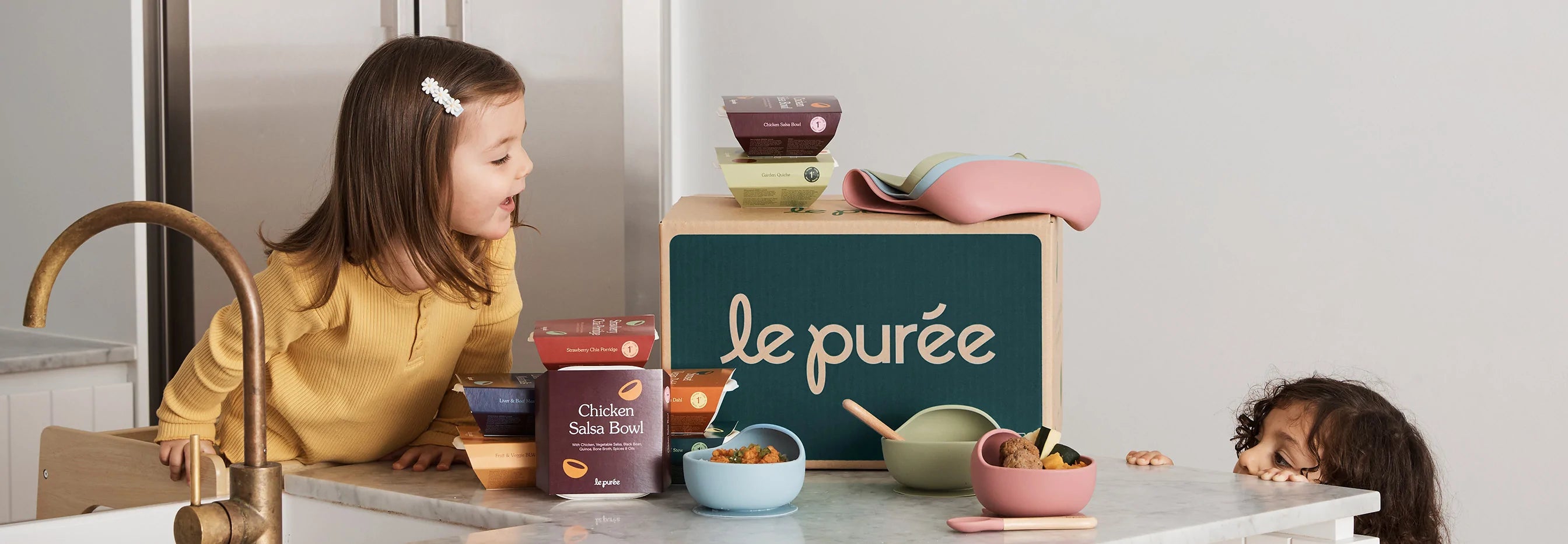Written by: Jodie Giannetto, Children’s Services Manager - Active Kids Group
As someone who has been working in the childcare industry for over 34 years, I've witnessed firsthand the profound impact that play has on children's development and learning. Play is not just a way for children to have fun; it is a fundamental component of their growth. At Active Kids Group, play is at the core of our philosophy and curriculum, supported by the insights of educational theorists and the Early Years Learning Framework (EYLF).
Why Play Matters
Play is a natural and essential part of childhood. It is through play that children explore their world, develop critical thinking skills, and learn how to interact with others. According to the EYLF, "play provides opportunities for children to learn as they discover, create, improvise, and imagine." This framework emphasises the importance of play-based learning in fostering children's development in various domains, including cognitive, social, emotional, and physical.
Theorists on Play
Prominent educational theorists have long recognised the value of play in early childhood development. Jean Piaget, a Swiss psychologist, believed that play is crucial for cognitive development. He argued that through play, children construct their understanding of the world around them. Lev Vygotsky, a Russian psychologist, emphasised the social aspects of play, suggesting that it is through play that children learn to communicate, negotiate, and collaborate with others.
Benefits of Play-Based Learning
- Cognitive Development
- Social and Emotional Development
- Physical Development
Strategies for Incorporating Play at Home
Create a Play-Friendly Environment
Nature offers endless opportunities for exploration and physical activity. Take your children to parks, playgrounds, or simply let them play in the backyard. Outdoor play promotes physical health and fosters a connection with the natural world.
Join in the Fun
Allow for Unstructured Play
Incorporate Learning into Play
At Active Kids Group, we believe that play is the foundation of a child's development and learning. By incorporating play into their daily lives, parents can support their children's growth in a holistic and meaningful way. Remember, play is not just a break from learning; it is a powerful tool that shapes the way children understand and engage with the world. So, let your children play, explore, and discover—their future success depends on it.



